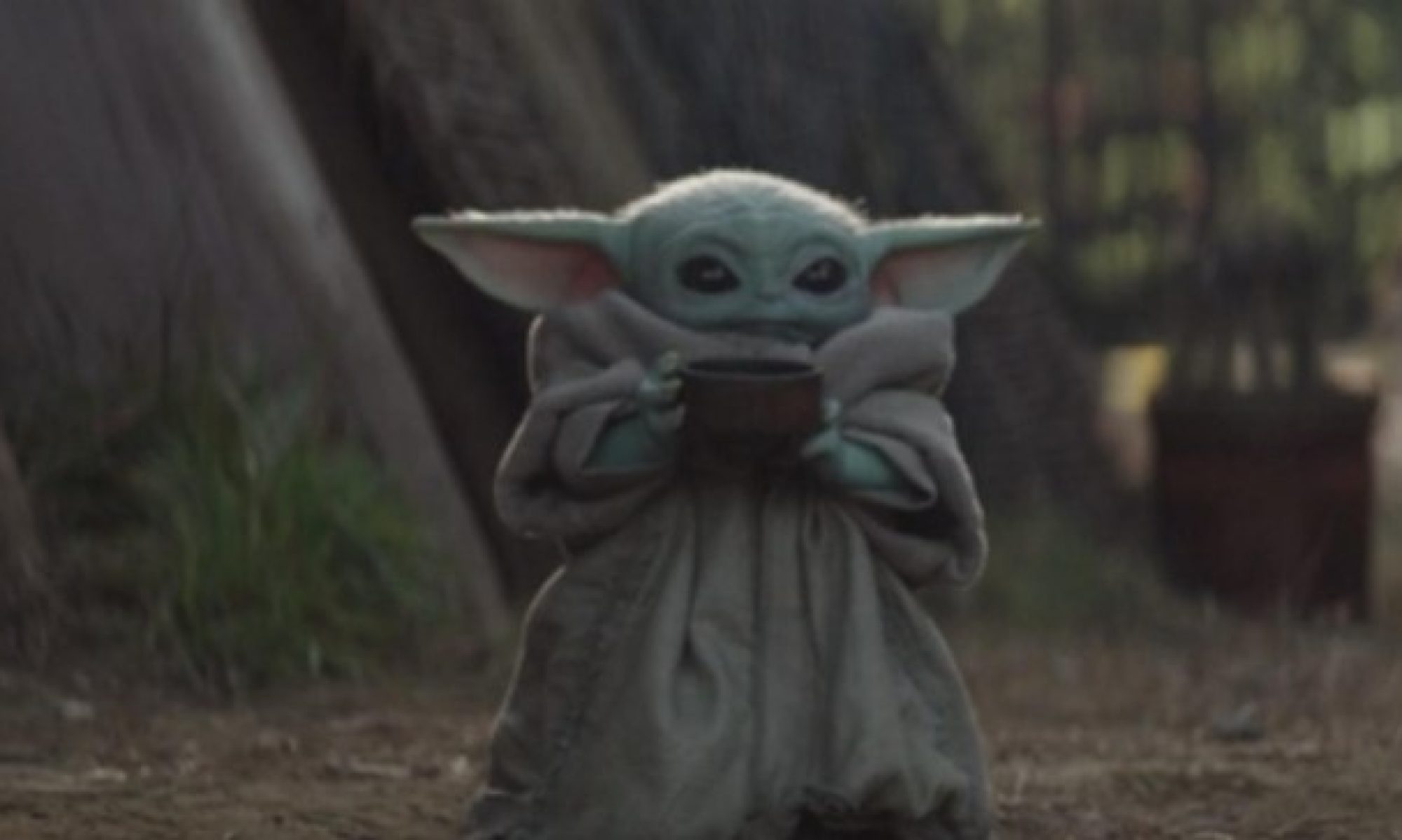When I hear the word care, the first things that come to mind are nurses caring for a patient, a parent and their child, or a listening ear and support of a friend. Each of these examples provide different forms of care. With nurses, they are in a position where they have a paid obligation to provide hands on care for their patients. Maintaining and administering medications and other lines attached to patients, as well as communicating between doctors, family, and friends. However, when it comes to parental care, it is a bond of kinsmanship and an instinctual affection. Let it be from any species; whether it is a lioness and her cub or to the everyday parent bussing with their child to school. Each parent is providing for them, protecting and looking out for their better welfare. Growing up, my parents gave me every opportunity that they had and did not have when they were in my shoes. On the other hand, friendship consists of a care that comes from the heart rather than an obligation. Holistically speaking, I define care as when one considers and supports another’s emotions, health and well-being, and desires.
Many can argue that being a parent can be one of the toughest jobs in the world; to raise a human being. An extra mouth to feed, clothe, and house can always be a huge financial intake, and for many parents it is very overwhelming. Taking a second job or trying to find some extra cash just to make ends meet can be a huge stressor on parents, leaving them in a state where they cannot provide proper care for themselves or their child. Friends are one of the greatest things in life; one day you could sit next to a random person on the bus and the next day they could be your best friend helping you move into your new apartment. But like a garden, friendships need to be nurtured and tended to with attention and love, and sometimes you may forget to give it what it needs. There are many instances where care from friendship can be neglected. For example: lack of contact from caused from distancing, mental health issues, and the burden of life’s responsibilities are all reasons that may serve as an obstacle between the care of healthy friendships. For nurses, there can be many different factors that can get in the way of them implementing optimal care towards their patients. Currently, in Vancouver, the high demand and low supply of nurses requires them to work more hours than they should and attend to a higher patient quota than is recommended. This increases the risk of stress and eventually burnout, preventing nurses from performing their personal optimal levels of care. Another barrier in the healthcare setting is if a patient neglects their need for it, or refuses it altogether.
Interestingly enough, my definition of care remained unchanged throughout this course. Rather, this course was able to amplify and reassure my opinion on how to define ‘care’. I still view care as an act of nurturing, in the sense of providing love and support, be it in a healthcare or familial/friendship sense. I have found myself very eager to learn more about indigenous peoples and their culture. I believe that this interest was mainly sparked by the film that we viewed in class called Rhymes for Young Ghouls, which I thoroughly enjoyed. Overall, I am interested in hearing more stories of a similar nature, and would love to see a greater adaptation of indigenous culture into BC’s education system in the future. This course reminded me that I am not in fact the center of the universe, and furthermore taught me to be less selfish and more open-minded towards others in terms of their opinions and situations.
